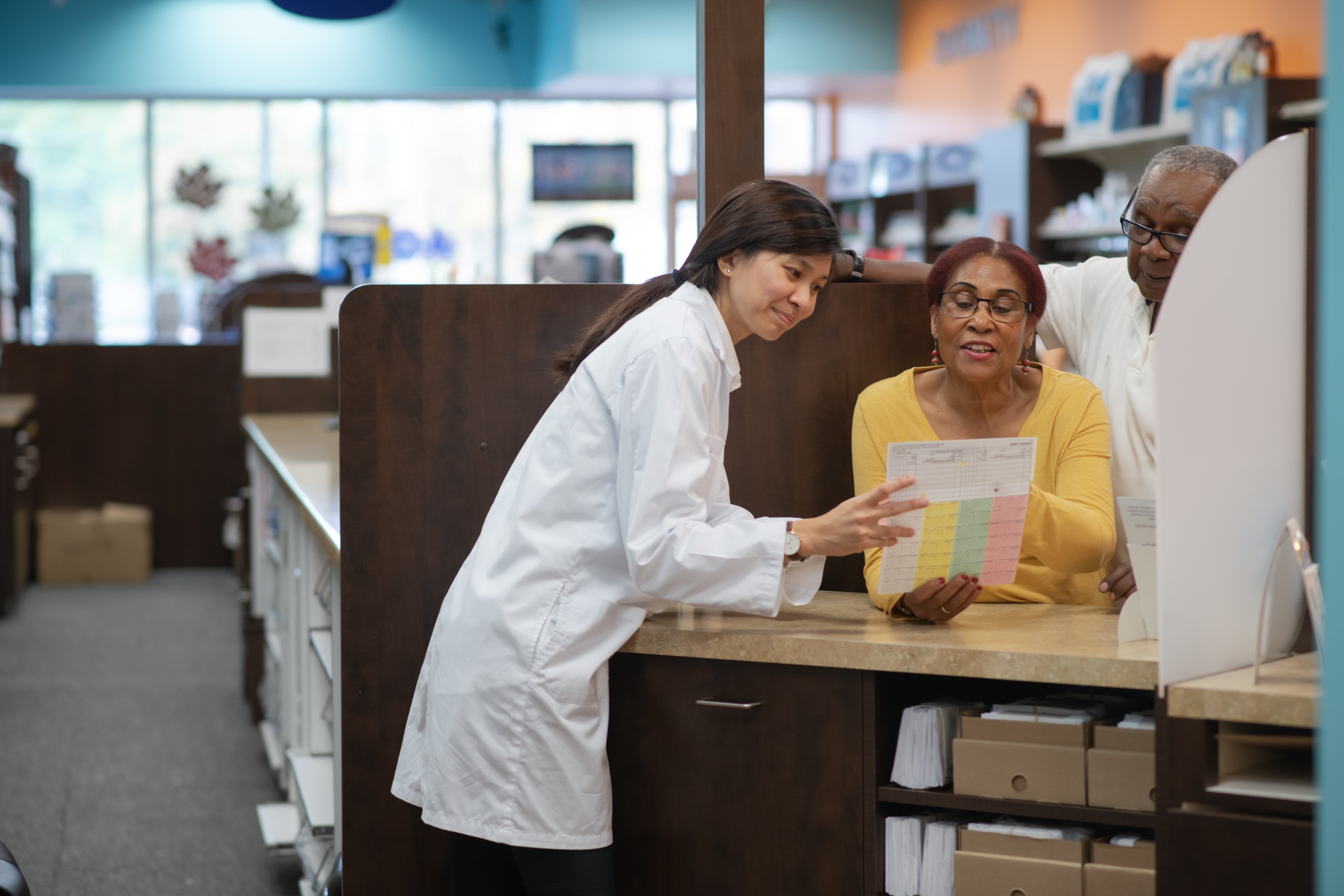With hand sanitizer flying off the shelves faster than it can be stocked at CVS Health (CVS 3.39%), Walgreens (WBA +0.00%), Rite Aid (RAD +0.00%), and other retailers, the Food and Drug Administration is relaxing its policies on how the gels get produced.
During the COVID-19 pandemic, the agency says it doesn't plan on taking action against companies that make their own hand sanitizers for public use. That's good news for breweries and distilleries across the country that have started using their equipment to manufacture hand sanitizer -- which is, after all, primarily ethyl alcohol.
Manufacturers will still have to follow the World Health Organization's recipe, and only add alcohol, glycerol, hydrogen peroxide and water. They'll also have to label their bottles properly, but the FDA has provided images of exactly what information needs to be on the front of the bottles and in the Drug Facts box. Brewers will also have to register their facilities in the FDA's system, but won't they have to wait for any type of approval before they begin production.

Image source: Getty Images.
The FDA is also relaxing guidance for compounding pharmacies, which modify medications for the needs of specific patients -- for example, taking a drug that is only sold as a pill, and converting into a liquid so that it can be swallowed more easily, or taken at a dosage that is not commercially available. Rules typically require compounding pharmacies to have a prescription for a specific patient to make a new compound, but the FDA is relaxing that requirement for hand sanitizer, which will allow compounders to manufacture the product in bulk and sell it. Like other manufacturers, compounding pharmacies will have to follow the WHO's recipe and label their bottles properly.







